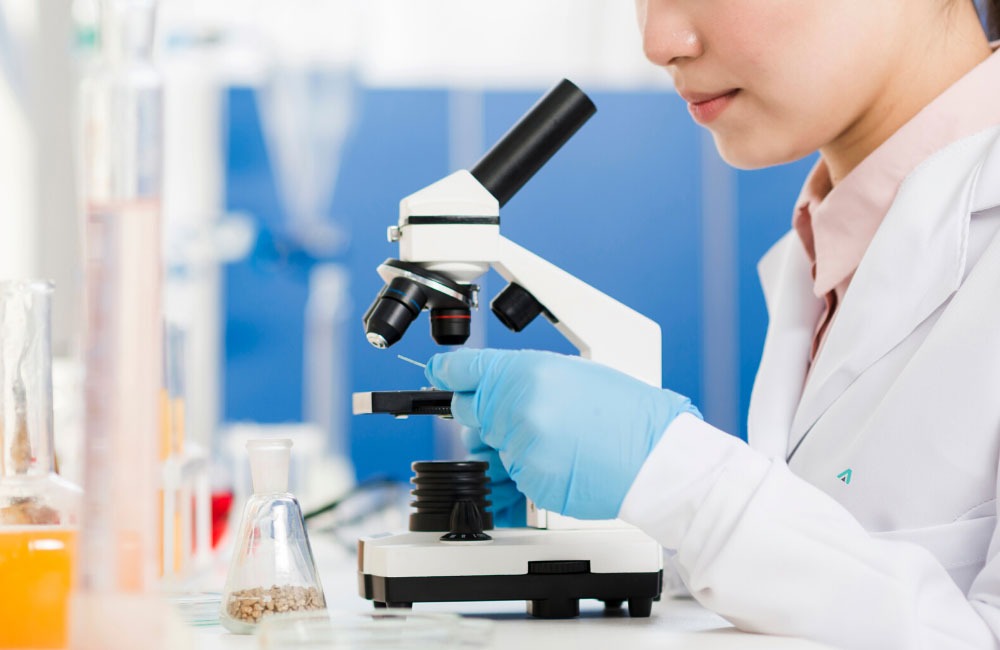
Healthcare diagnostics is a fundamental aspect of modern medicine, encompassing a variety of tests and procedures aimed at identifying diseases, monitoring health status, and guiding treatment decisions. From routine blood tests to advanced imaging techniques, diagnostics provide critical information that helps healthcare professionals deliver accurate and effective care. As medical technology continues to evolve, the impact of healthcare diagnostics on patient outcomes and overall health management has become increasingly significant.
Importance of Early Detection
Early detection is one of the primary benefits of healthcare diagnostics. Identifying diseases at an early stage can significantly improve treatment outcomes and reduce the severity of health conditions. For example, screening programs for cancers such as breast, colorectal, and cervical cancer can detect abnormalities before symptoms develop, leading to early intervention and improved survival rates. Similarly, early diagnosis of chronic conditions like diabetes and hypertension allows for timely management, preventing complications and enhancing the quality of life.
Types of Diagnostic Tests
Healthcare diagnostics includes a broad array of tests and procedures, each designed to gather specific information about the patient’s health. Some of the most common types include:
-
Laboratory Tests: These tests analyze samples of blood, urine, tissues, and other bodily fluids to detect markers of diseases, infections, and other health conditions. Examples include complete blood counts (CBC), lipid panels, and liver function tests.
-
Imaging Tests: Techniques such as X-rays, magnetic resonance imaging (MRI), computed tomography (CT) scans, and ultrasounds create detailed images of the body’s internal structures. These tests are crucial for diagnosing conditions like fractures, tumors, and organ abnormalities.
-
Genetic Testing: By examining DNA, genetic tests can identify mutations and genetic predispositions to certain diseases. This information can guide personalized treatment plans and preventive measures.
-
Endoscopic Procedures: Involving the insertion of a flexible tube with a camera into the body, endoscopies help diagnose issues within the gastrointestinal tract, respiratory system, and other internal organs.
Advances in Diagnostic Technology
The field of healthcare diagnostics has seen remarkable advancements, driven by technological innovations. Some notable advancements include:
-
Point-of-Care Testing: These tests can be performed at the patient’s bedside or in remote locations, providing immediate results and facilitating rapid decision-making, especially in emergency situations.
-
Molecular Diagnostics: This technology analyzes biological markers in the genome and proteome to diagnose and monitor diseases at a molecular level. It has revolutionized the detection and treatment of infectious diseases and cancers.
-
Artificial Intelligence (AI) and Machine Learning: AI and machine learning algorithms are increasingly used to analyze complex diagnostic data, enhancing the accuracy and speed of diagnoses, and predicting patient outcomes more reliably.
Role of Healthcare Professionals
While advanced diagnostic tools are invaluable, the expertise of healthcare professionals is essential for interpreting results and integrating them into comprehensive care plans. Physicians, radiologists, pathologists, and other specialists use their knowledge and experience to ensure accurate diagnoses and appropriate treatment, tailoring care to the specific needs of each patient.
Patient Empowerment and Preventive Care
Healthcare diagnostics also empowers patients by providing them with vital information about their health. Regular screenings and diagnostic tests encourage proactive health management, enabling individuals to make informed lifestyle choices and seek timely medical intervention. This preventive approach can reduce the incidence of severe health conditions and improve overall well-being.
Challenges and Considerations
Despite the benefits, healthcare diagnostics faces several challenges:
-
Accessibility: Ensuring that diagnostic services are available to all populations, including those in remote or underserved areas, is crucial for equitable healthcare.
-
Cost: The high cost of some diagnostic tests can be a barrier for patients, highlighting the need for affordable and accessible diagnostic services.
-
Data Privacy and Security: Protecting patient information is paramount, requiring stringent measures to ensure data security and compliance with regulations.
Conclusion
Healthcare diagnostics is a cornerstone of modern medicine, providing essential insights that guide the detection, diagnosis, and management of diseases. The continuous advancements in diagnostic technology are enhancing the precision and efficiency of medical tests, ultimately improving patient care and outcomes. As healthcare evolves, diagnostics will remain at the forefront, driving progress towards better health and well-being for all.








